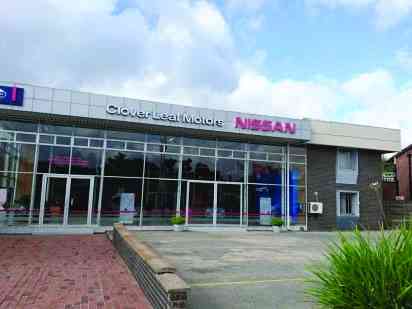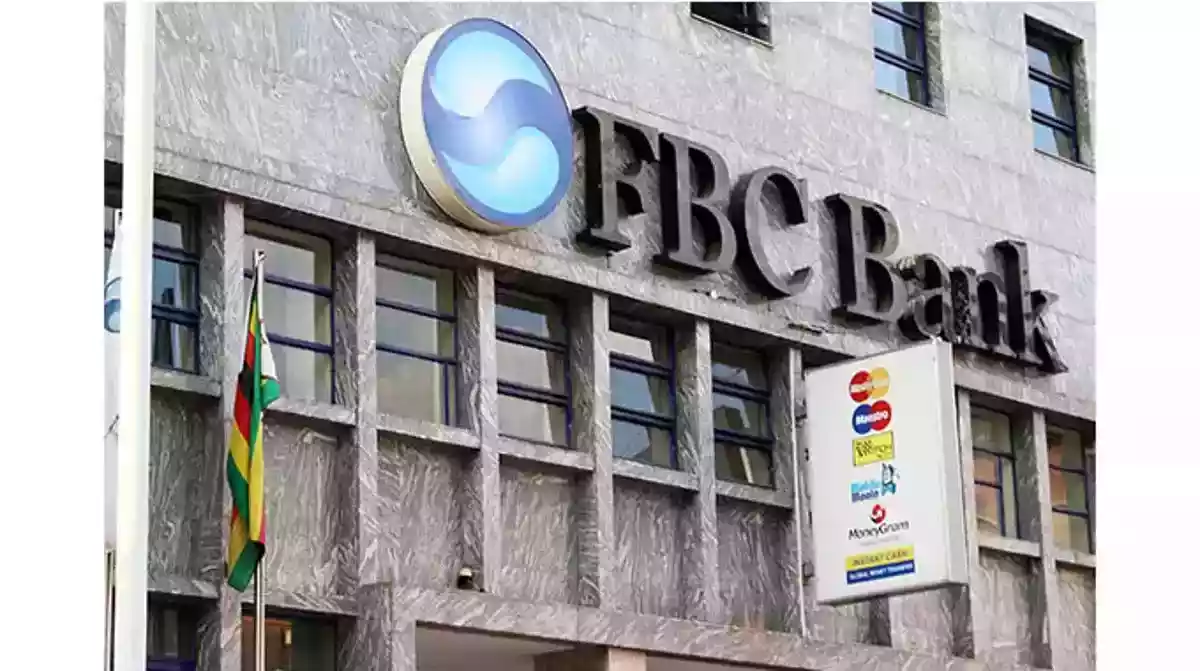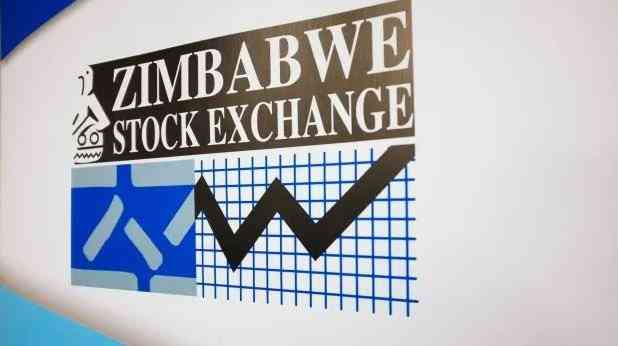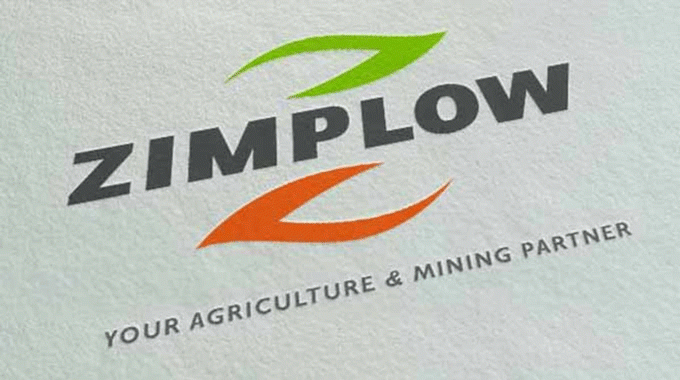
ZIMBABWE'S leading automotive dealership, Nissan Clover Leaf Motors has projected a 15,38% jump in overall vehicle sales this year, banking on increased brand marketing, businessdigest can report.
In Zimbabwe, the Japanese-based vehicle manufacturer Nissan Motor Co has four authorised dealerships selling its brand. These are Nissan Clover Leaf Motors, AMC Motors, Amtec Motors, and Croco Motors.
From the Nissan vehicles sold annually, the Nissan Navara single and double cabs are the best-selling brands because of demand by government, parastatals, corporates, fleet owners, and companies.
“We are excited about our prospects this year,” Nissan Clover Leaf Motors group operations executive Admire Ndumo told businessdigest during the Nissan Africa’s Nissan Daring Africa Expedition Zimbabwe tour.
“With the campaigns that we are running, we are targeting to sell 1 500 vehicles and a market share of 30%. Last year we were number two, and we are gunning for the number one position this year.”
The projection to sell 1 500 this year, from 1 300 in 2023, comes as Nissan Clover Leaf Motors is working on increasing its partnerships with banks to expand credit offerings.
The Nissan Daring Africa expedition is one of the campaigns being conducted to promote the vehicle’s brand through Navara.
The expedition, launched by Nissan Africa last month, involves touring Zimbabwe, Zambia, Malawi, Tanzania, and Kenya, before transitioning to Egypt over a space of 21 days.
- Nissan dealership targets to grow sales by 15%
Keep Reading
The convoy comprises several kitted-out Navara bakkies and a single X-Trail SUV to showcase the Navara’s affordability, resilience, capability, and cost saving ability.
“To look at volumes, last year, 70% of the volumes that we did were Navara single cab and double cab so Nissan as a brand in Zimbabwe sold 1 300 vehicles,” Ndumo said.
“Our market share was about 26% and as I said about 70% of that came from the Navara so the Navara has been well received in our market in Zimbabwe.”
He said it was also because the Navara was a lifestyle, executive and leisure vehicle. On average, 10 litres of fuel translated to 100 kilometres of travel.
“It is a vehicle that you can enjoy owning for its lifespan. Our price range for the Navara bakkie, the single cab, starts from US$30 000,” Ndumo said.
“The double cab starts from US$38 000 to US$65 000 for the top end pro-4x. In terms of running costs, you will probably get your standard services from about US$120 to about US$660 for your major services. So, your running costs are quite accessible.”
Nissan Clover Leaf Motors is discussing with several financiers to offer vehicle asset finance, which would see owners paying a 30% deposit and the rest in 36 to 48 months, an arrangement that is currently available.
The dealer is also exploring schemes with financiers that can allow individuals to be able to afford and pay for the car.
“The potential per annum, for Nissan with credit being available, is about 3 000 to 4 000 vehicles because most of the time we are closing the year with unfulfilled orders…,” Amtec Motors chief executive officer Lucas Taruvinga, who represented the Nissan Dealer Council in Zimbabwe, said.
“People have placed orders, but you are not able to fulfil them for the reason that most of the customers would want you to bring the vehicles upfront then they pay having seen the vehicles or when they touch or feel them in the show room. It is at that time you need someone to bridge the financing gap between the order and delivery of the vehicles.”
He said an example of this was government purchases, as these needed to go through the Procurement Regulatory Authority of Zimbabwe, who typically want to see the vehicles before okaying the procurement.
“We get the cars on a COD (cash on delivery) basis from the supplier. So, we pay cash up front and meanwhile we cannot offer credit to the customers because there is already a gap. The banks in Zimbabwe are not loaning us,” Taruvinga said.
“They are not giving us loans to buy these vehicles so you will find the customer is not able to get the credit because we do not have credit from the supplier, the banks.”
He said shareholder capital was what was being depleted in the absence of credit.
This is why most locals are opting to buy second hand vehicles, which are more affordable as credit terms are very scarce.










